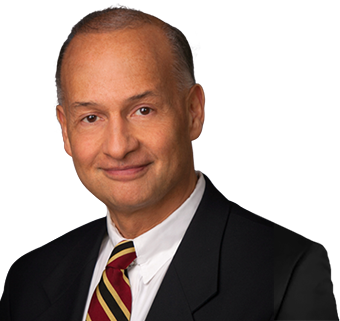Stem Cell Treatment for Autism
Autism Spectrum Disorder (ASD) is an incurable disorder, of undetermined cause, adversely affecting the communication and behavior of an increasing number of young people: mostly, but not exclusively, male. It is increasing in frequency for reasons unknown. A large number of scientific studies clearly show that it is immune system-related, possibly autoimmune.
Protocol:
The treatment consists of a simple intravenous infusion of umbilical cord mesenchymal (NOT fetal/embryonic) stem cells, and we offer sedation for patients (typically young children) if needed. The amount of cells used depends on height and weight but ultimately Dr. Prodromos determines the number of cells used. One vial, 50 million cells, is typical for smaller children and is infused over 30 minutes. Two vials, 100 million cells, is standard for adults and takes around an hour. This treatment takes place in a state-of-the-art clinic in Antigua, a beautiful Caribbean island nation.
Behavioral Improvement After Stem Cell Treatment:
In our ongoing clinical trial, 85% of our ASD patients have responded to simple intravenous mesenchymal stem cell infusion with meaningful improvement in:
- Behavior/calmness
- Communication/verbalization
- Sleep
- Seizure activity
In contrast, while various behavioral and gut treatments have been tried elsewhere, none have shown more than marginal improvement. There is evidence that repeated stem cell treatment has the capacity to improve the condition of these patients. Efficacy usually lasts at least one year and with additive effects after subsequent treatments. The age range of patients treated so far is 4 to 27 years of age.
EEG Results:
We are the first to perform EEG (brain wave) studies before and after treatment in conjunction with world authority Timothy Royer PhD of Royer Neuroscience. They are showing a significant increase in Theta wave activity after stem cell treatment, compared to before, that mirrors the behavioral improvements.
Safety:
The treatment is completely safe with no known side effects.
Testimonial:
Below please find a letter provided to us from a patient's father, Gary McKenna, regarding improvements in his own son from a single treatment.
Dear Dr. Chadwick Prodromos,
I am writing to express my family's profound gratitude for the stem cell services you provided to our son Teddie in June 2023. Your understanding and compassionate approach made a significant difference in our lives.
Teddie, who is on the Autism spectrum and also has ADHD, has shown remarkable improvements since the treatment. While we were initially concerned, given the mixed stories of stem cell therapy, choosing your service has in our opinion been the right decision. Post-treatment, Teddie became more alert and began to demonstrate new behaviours, such as posing for photographs and using novel word combinations. Over the following months, we've observed notable advancements, such as an increased dietary variety, responsiveness in school, and enhanced motor skills, among others.
While we understand these improvements are not a cure for autism and that Teddie maintains many autistic traits, we feel hopeful that the treatment has provided him with the best opportunity for development. We recognise that such progress may have occurred naturally; however, the regression Teddie experienced prior to treatment was concerning. It is our sincere belief that the stem cell therapy played a pivotal role in his recent strides.
We are immensely grateful for your team's efforts and would be willing to share our experience with other parents considering stem cell treatment for autism. Please feel free to provide our contact details to interested parties.
With warm regards,
Gary McKenna
Liverpool, UK


